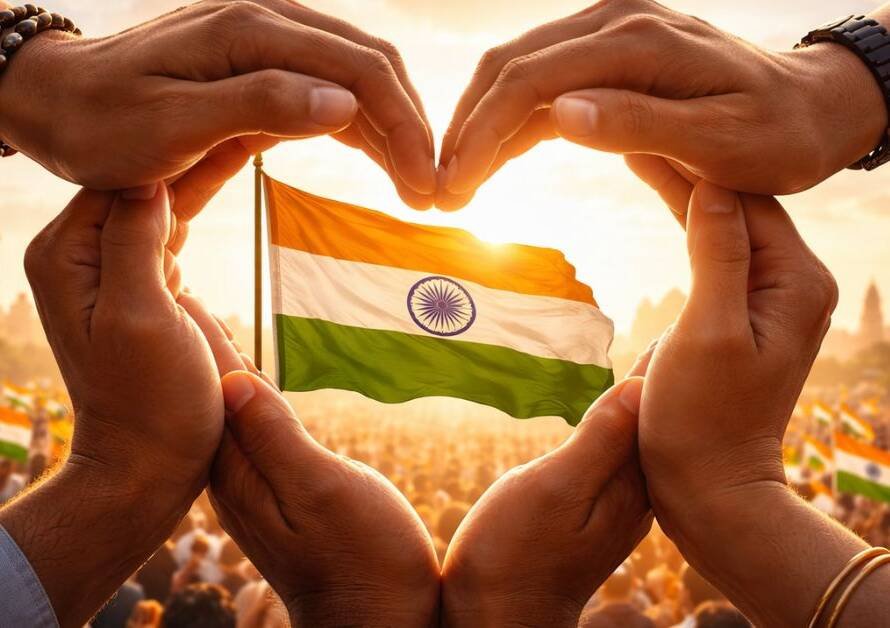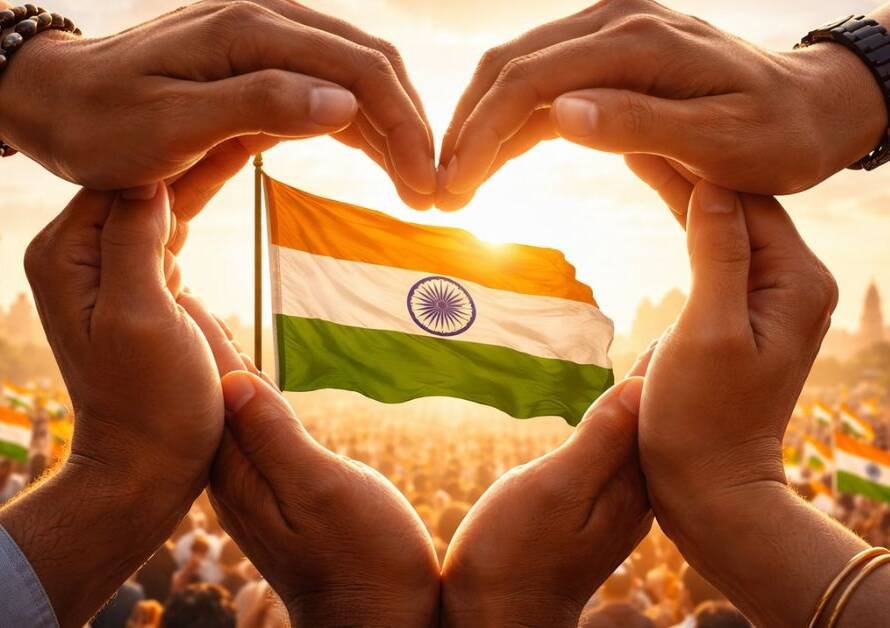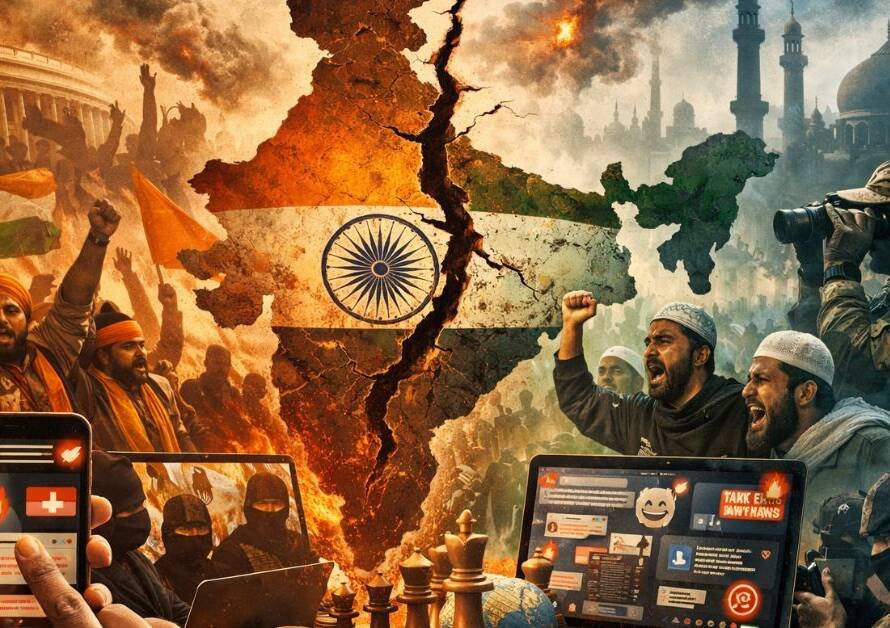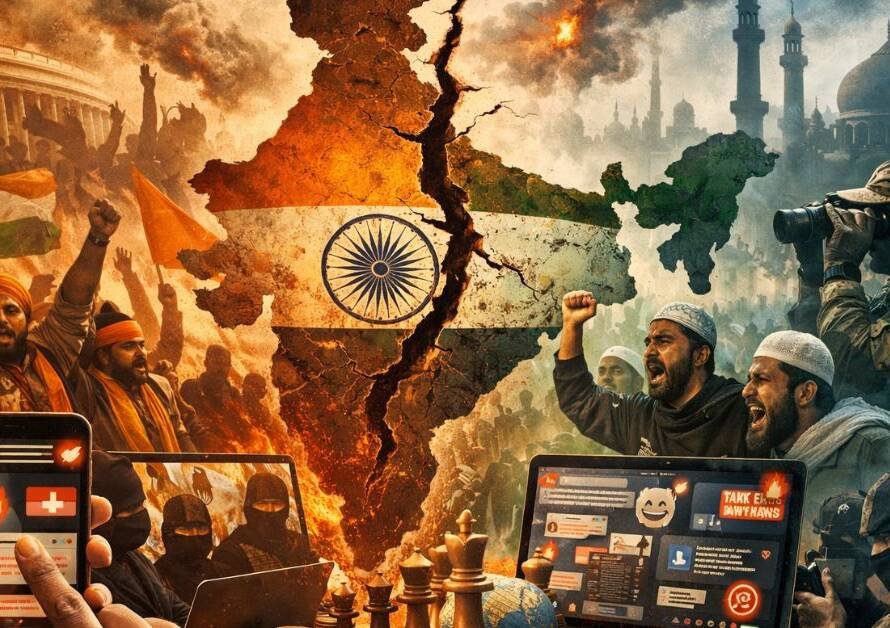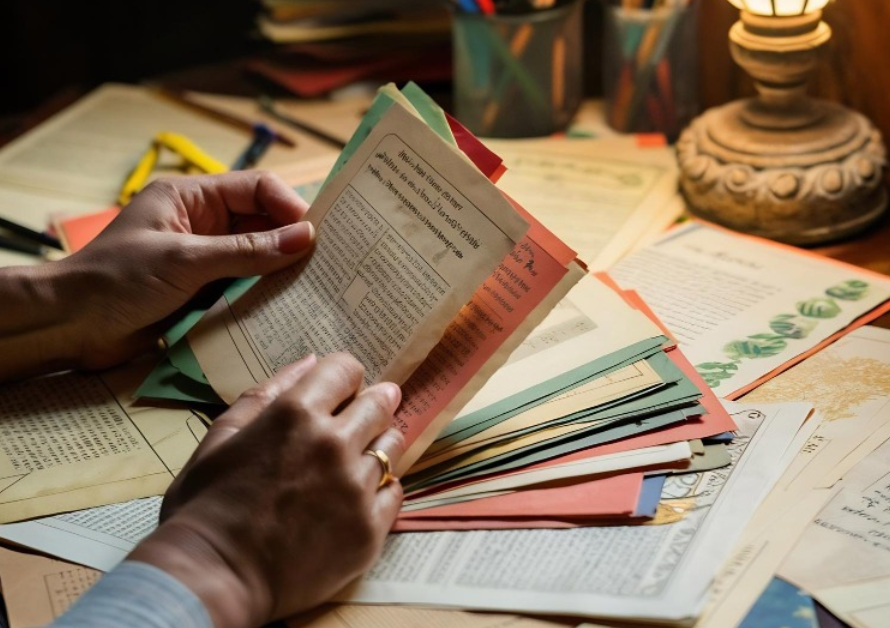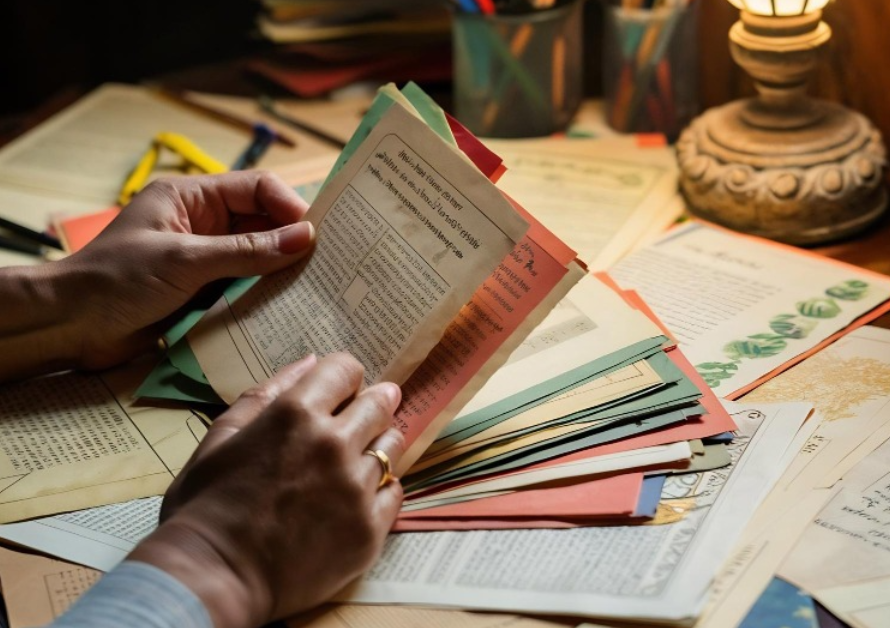In 2005, under the leadership of Sonia Gandhi and then-Prime Minister Manmohan Singh, the Congress government established the Sachar Committee. The purpose of this committee was to evaluate the economic and social conditions of Muslims in India. However, the findings and recommendations sparked a major debate in Indian politics and society.
The Sachar Committee presented a report claiming that the condition of Muslims in India was worse than that of Dalits and tribal communities. The report demanded special rights and policies for Muslims.
Controversial Demands of the Sachar Committee
The committee made 10 major recommendations to the central government, some of which were:
1. Double Voting Rights for Muslims
Muslims should be given double voting rights based on their population. This suggestion was against the fundamental democratic principles of the Constitution.
2. Special Reservation Benefits
Along with OBC and SC/ST reservations, Muslims should be given 50% reservation in government jobs, education, and resources.
3. Financial Privileges
Muslims should be provided with interest-free loans for business, free electricity, land, and government assistance in repaying their loans.
4. Recognition of Madrasa Education
Madrasa degrees should be recognized for civil services like IAS, IPS, PCS, and for becoming judges.
5. Political Reservation
30% of seats in Parliament and 40% in state legislatures should be reserved for Muslims.
6. Special Industrial Zones
Separate industrial zones should be created for Muslims, offering them free resources and loans.
7. Grants for Marriages and Self-Employment
The central and state governments should provide financial assistance for Muslim girls’ marriages and grants for Muslim boys’ self-employment.
8. Special Electoral Constituencies
Areas with a Muslim population exceeding 25% should be reserved exclusively for Muslim candidates to contest elections.
Questions on Congress’s Intentions
These demands raised serious concerns about India’s equality and secularism.
- It was evident that Congress wanted to manipulate India’s democratic and constitutional structure to appease a specific community.
- If implemented, these recommendations could have created an imbalance in India’s resources and political framework.
BJP’s Strong Opposition
The BJP vehemently opposed the Sachar Committee’s report. As a result, the Congress government failed to implement these recommendations.
Was This Divisive Politics?
The recommendations of the Sachar Committee focused solely on giving special rights to one community, which could have divided Indian society. Such measures were far from the spirit of equality and unity enshrined in the Indian Constitution.
Message for Youth
- Stay Vigilant: Stand against policies that attempt to divide society.
- Learn from History: Understand India’s political history and policies to contribute to its unity and progress.
- Unite, Don’t Divide: Recognize and oppose ideologies that threaten national integrity through appeasement politics.
The Sachar Committee’s recommendations symbolized appeasement politics. It is the responsibility of India’s youth to identify such divisive policies and raise their voices against them. The future of India must rest on equality, unity, and justice—not on granting privileges to any specific community.
“Stay alert and think in the nation’s interest.”
Jai Hind!
For more blogs please visit www.saveindia108.in and to join our whatsapp group please click https://chat.whatsapp.com/HxGZvlycYPlFvBO17O3eGW

